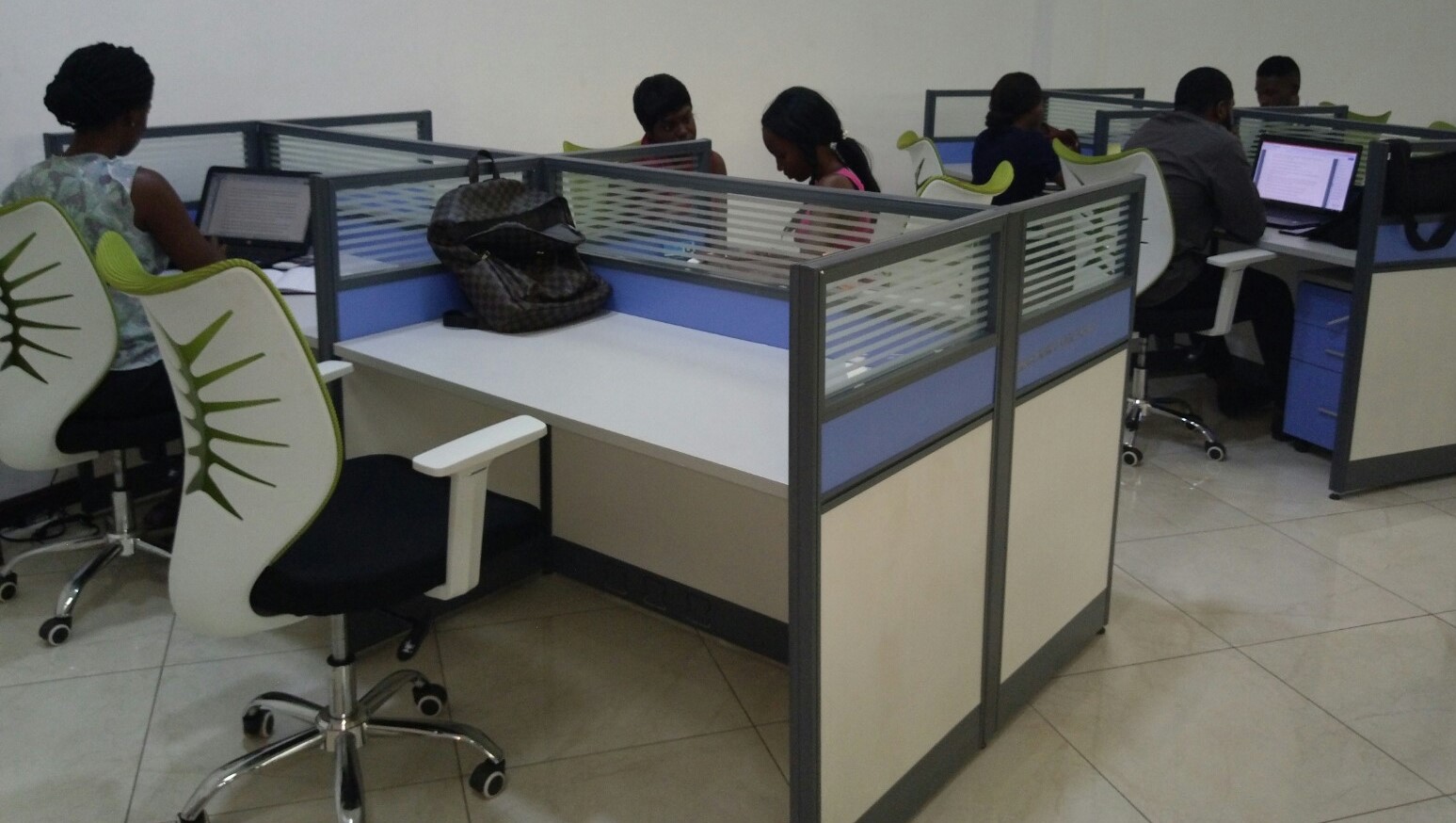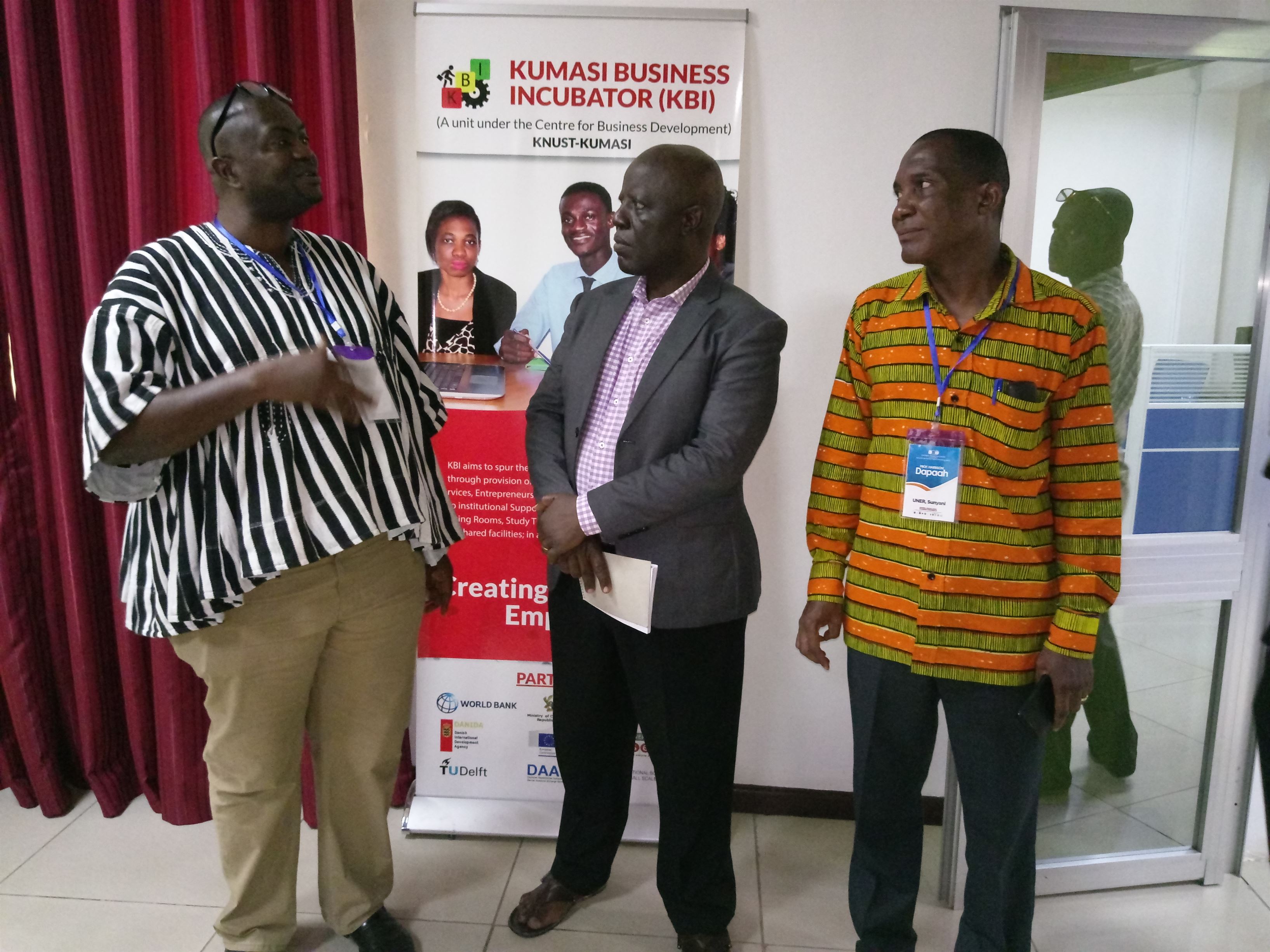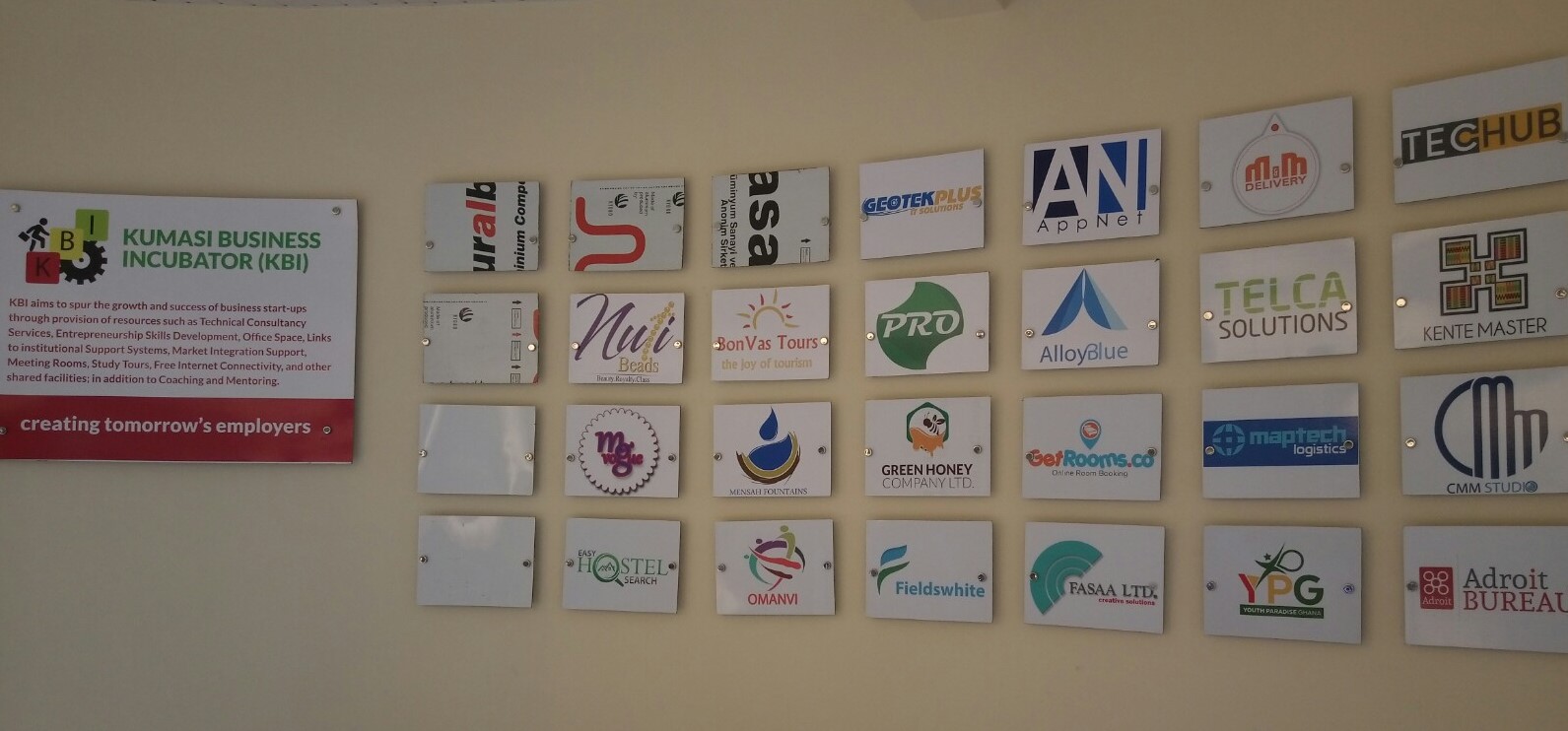EEISHEA stands for ‘ENHANCING ENTREPRENEURSHIP, INNOVATION AND SUSTAINABILITY IN HIGHER EDUCATION IN AFRICA.’ It is a project funded by European Union - Erasmus+ programme.

Participants of the EEISHEA Conference at KNUST Ghana where SUA was represented by Prof Peter Gillah, Prof Camillius Sanga and Dr. Anthony Sangeda
The project aims at reforming Higher Education (HE) studies by ensuring that curricula are highly relevant to the contemporary economic and social needs of Africa by equipping graduates with skills and competences for employability and self-employment. The project team comprises ten Universities from Africa and Europe where SUA is one of them.
From 28th to 30th October 2019, EEISHEA project through the Kwame Nkrumah University of Science and Technology (KNUST, Ghana) organized a two-day conference for sharing project progress from participating Universities. The third day was used for field visit to KNUST Innovation Hub and Aquaculture Experimental Farm.
Conference Participants
Universities from Africa were KNUST, Kilimanjaro Christian Medical University College (KCMUCo), Sokoine University of Agriculture (SUA), University of Energy and Natural Resources of Ghana and State University of Zanzibar (SUZA). Participants from Europe came from Aalborg University (Denmark), Universitat Politenica de Catalunya (Spain), KTH Royal Institute of Technology (Sweden), University of Copenhagen and Rosklide University (Denmark). Other invited participants came from affiliated colleges of KNUST which include All Nations University, Garden City University College, Spiritan University College, Wisconsin International University, Princefield College, Medicare College, Accra Institute of Technology and Christ Apostolic University College.
At Sokoine University of Agriculture (SUA)
EEISHEA project works on re-designing curriculum for Bachelor of Science in Information Technology. The output of the project would be relevant elements of entrepreneurship & innovation (E&I), and ecological, social and economic sustainability (SUS) integrated into curriculum of BSc Information Technology. Also, it will be delivered through student-centred learning (SCL) using blended approaches (i.e. mix of face to face such as short lectures, PBL, Peer Instruction and e-learning tool –the Moodle).

KNUST graduates working in the Innovation Hub to develop their ideas
Small companies established by KNUST graduates in the Innovation Hub
Lessons learnt
- Both in Europe and in Africa, Universities are re-designing and reshaping curricula to reflect world challenges and produce graduates with skills and competences suitable to address the real world and local challenges.
- In the curriculum redesign, students are given more time to do multi-disciplinary projects where in so doing, they acquire skills and become innovative.
- Many Universities in Europe and Ghana have established Incubation Hubs as centres for graduates to develop their innovative ideas into reality (Innovation Hubs). Good use of these hubs have proven to reduce the problem of unemployment of graduates and improved skills and competences required by employers.

DVC Academic from SUA (Prof. Peter Gillah) and DVC Academic from University of Energy and Natural Resources in Ghana listening to the Innovation Hub Coordinator at Kwame Nkurumah University of Science and Technology (KNUST) in Kumasi Ghana
For more information, visit link below :
Learn more about EEISHEA Project, at: https://eeishea.org/





